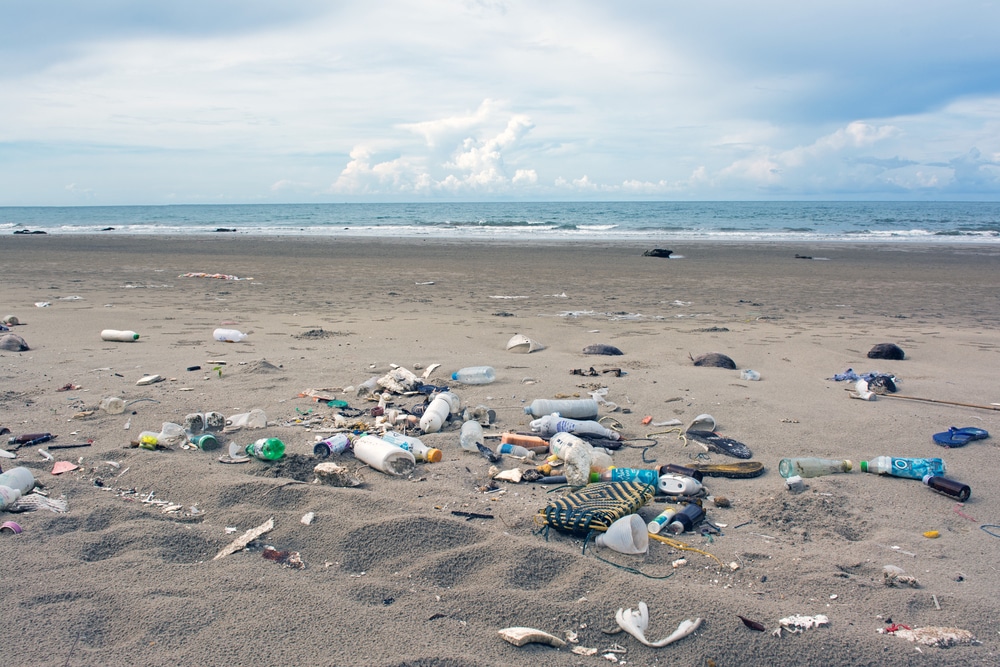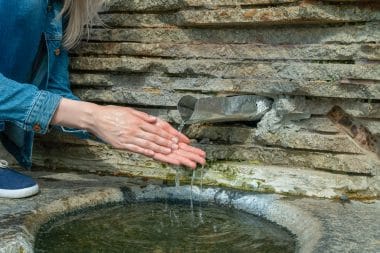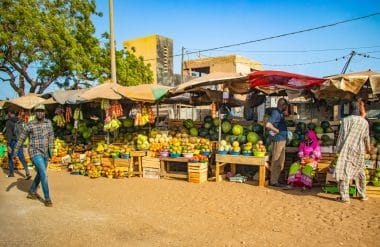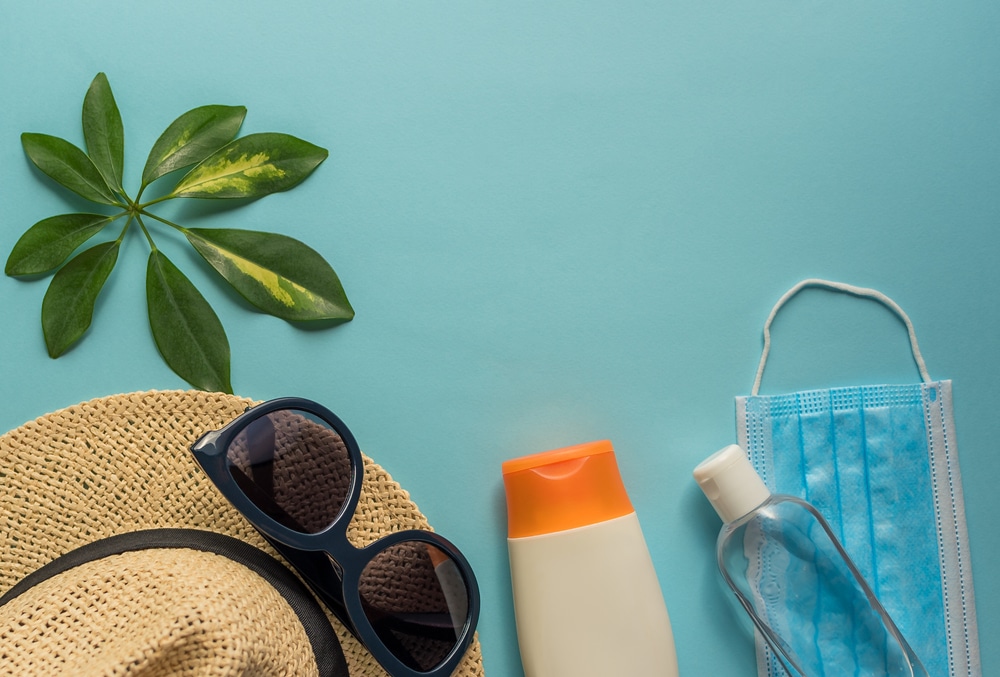The fact that we comply with certain hygiene measures when traveling to protect our health is a matter of course for most of us. Since the Covid-19 virus has spread to almost all countries in the world, they are even more important than before. Basically, we should be careful, especially in holiday regions where high temperatures and low hygiene standards prevail. In addition, do not neglect general personal hygiene, otherwise your holidays may be affected by visits to the doctor. To ensure that you can be as safe as possible on the road, we have some tips for you below.

Brushing your teeth: don’t forget to do it at home or on holiday!
Many people regularly deal with gingivitis, which often occurs due to poor dental care. A study by the Robert Koch Institute (RKI) has shown that 22.3 percent of children and adolescents brush their teeth too rarely. In an online survey of all age groups in Germany , 21 percent of participants said they did not take care of cleaning their teeth every day. It is therefore not surprising that caries and the like are common.
It is also a fact that the brushing technique is faulty in many cases. An electric toothbrush can help, especially for children who have softer and more sensitive enamel that is easily attacked by too much pressure. It takes up little space in luggage, although a battery-powered model is recommended for vacations. This means that teeth can be brushed practically at any time and in any place.
Numerous parents have to encourage their children to brush their teeth even in adolescence. At some point, however, the offspring reaches the age where they no longer want to be told anything or travel alone . Admittedly, optimal dental care is not always possible on the go. However, there are a few simple measures that can help. Drinking a lot of water is part of it, because it rinses the mouth. Furthermore, chewing gum promotes saliva production. In both cases, the bacteria in the mouth decrease – so they have less chance of attacking the gums and teeth.
Of particular importance: regular hand washing

Especially when traveling, people spend time in a wide variety of places, including accommodation and restaurants. In some cases, public sanitary facilities such as toilets and showers are also visited. Bacteria lurk everywhere: door handles, light switches, ATMs and ticket machines, grab handles on public transport are considered hotspots with a high bacterial density.
To reduce the risk of infection, you should wash your hands as often as possible. If there is no opportunity for this nearby, you can use wet wipes or special hygiene hand gels, which are also found in many shops, restaurants and similar facilities today.
Food and drinks – common sources of infection

While you shouldn’t be overly anxious when spending your vacation abroad, caution can’t hurt. In fact, numerous travelers become infected from contaminated food and drinks. As a result, they fall ill with traveler’s diarrhea (diarrhea) or even typhoid fever, for example.
In general, you should not eat anything undercooked and unpeeled. If you are not convinced of the cleanliness of the food offered on the open street, it is better to refrain from enjoying it. In most countries, drinking tap water is also discouraged. At best, boil it beforehand, even if it is only intended for brushing your teeth. They are on the safe side with the purchase of brand-new, closed water bottles.
Ice cubes and ice cream are also a relatively large source of danger. That’s why you should always order drinks without ice. In warmer countries, it’s best to treat yourself to a refreshing ice cream treat if you’re confident that it’s not only expertly made, but also properly chilled at all times.
If your trip takes you to tropical climes, it is also advisable to avoid fresh lettuce – dangerous germs are to be expected, for example from washing with tap water or fertilizing. Stick to the English proverb: “Cook it, boil it, peel it or forget it”, which means “cook it, fry it, peel it or forget it” in German. This is especially true in tropical countries.
Avoid contact with insects and animals
Insects such as mosquitoes, flies, bedbugs, ticks and fleas are known to be carriers of diseases, including malaria, yellow and dengue fever. If the food offered is not properly covered, you should not consume it. Flies and the like must also be kept away from purchased food and home-prepared food.
Contact with domestic and wild animals is also not entirely harmless. No matter how cute stray dogs and cats are, they can transmit pathogens to us humans. In many regions of southern Europe, they are often infected with a skin fungus that can cause inflammation of the skin. The transmission of rabies is also not excluded.
If you want to help a sick animal, you should avoid skin contact as much as possible and only touch or lift it with gloves or a towel. Clothes then belong in the washing machine, and thorough cleaning of uncovered skin areas is also important.


